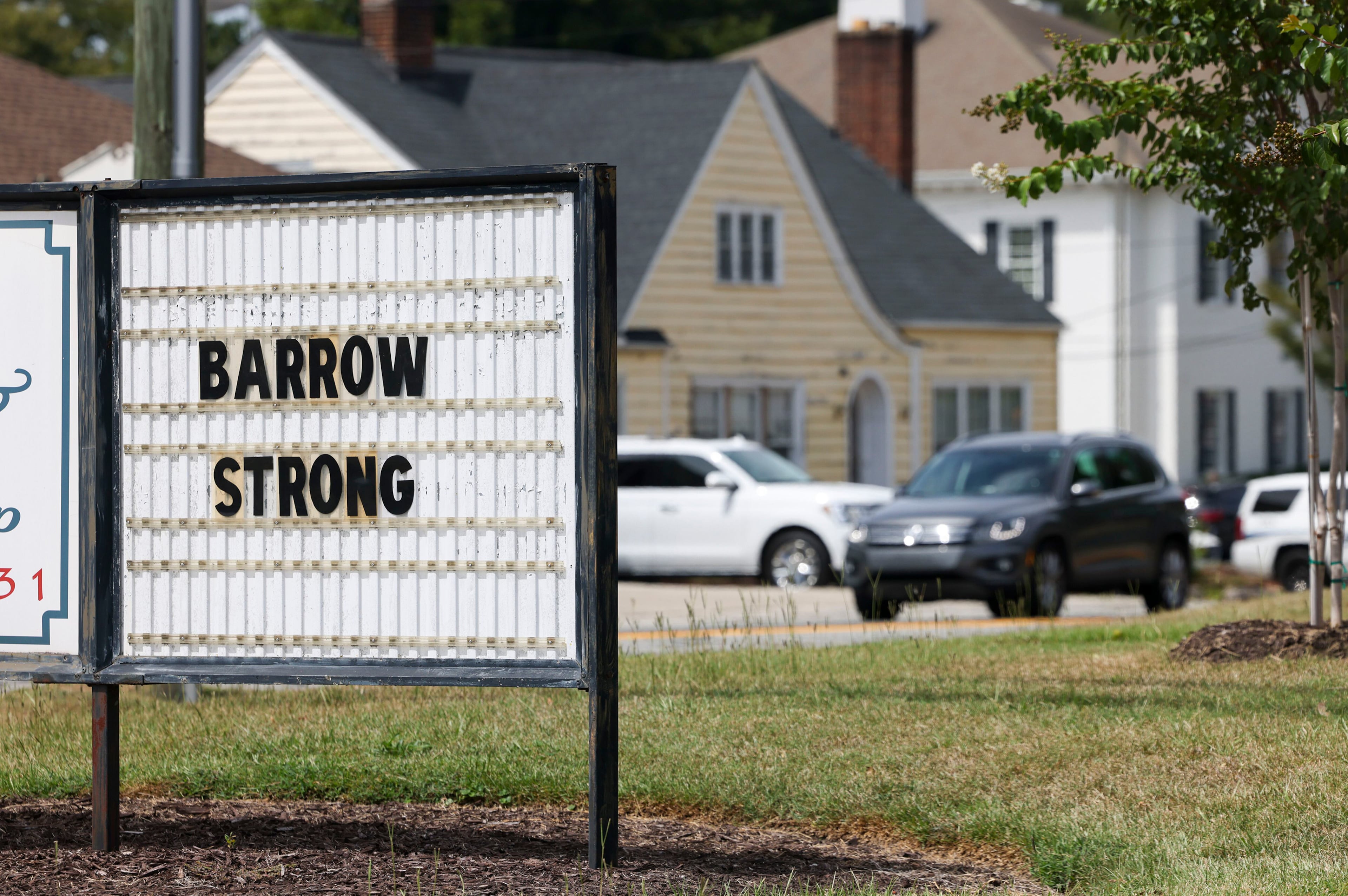K-12 school voucher bill introduced in Georgia Senate

Members of the Georgia Senate are trying again to create the state’s first general voucher program, introducing a bill that would send $6,000 a year to parents to help cover education-related costs, including private school tuition.
Georgia already has a voucher program for special education students. But the one proposed in Senate Bill 233 this week would be open to just about any state resident who is willing to accept full responsibility for their child’s education.
Similar legislation has failed before, including Senate Bill 601 last year and Senate Bill 173 in 2019, the latter sponsored by the same lawmaker behind this new bill — Sen. Greg Dolezal, R-Cumming.
Dolezal said Thursday that “coming out of COVID” has changed the political momentum on some issues. “School choice is one of them.”
But Lisa Morgan, president of the Georgia Association of Educators, said a voucher like this would undermine the schools that most kids attend.
“We are opposed to any use of public funds to provide for students who are not attending public schools,” she said. “Every student deserves a public school that has all the resources necessary.”
Proponents say parents should have a state-funded choice between a public and private education.
“Now that the COVID pandemic is over and parents can see what their children are being taught in classrooms, expanding education freedom all over America is more important than ever,” the conservative Heritage Action group said Thursday. SB 233 brings Georgia “one step closer to giving families the educational freedom they need.”
Christy Riggins, the Georgia director of American Families for Children, called the legislation “nothing short of life-changing,” allowing parents to “find the right educational fit” for their kids.
The money would flow to parents through “scholarship accounts” that they could use for more than tuition. Textbooks, tutoring, curriculum, doctors, therapists, transportation, fund management fees, computers and “other expenses” are among the allowable uses. Unused money could go toward college tuition.
The program would be run by the Georgia Student Finance Commission, which would appoint eight parents to a review committee that would determine eligible expenses on a case-by-case basis. The commission would refer suspected abuse to the state attorney general’s office.
SB 233 would require participating schools to give their state-funded students one of three national tests that would be selected by the commission. The test results and other information, including categories of parent spending and demographic data of participating students, would be aggregated and publicly reported each year.
Dolezal, who has championed other conservative causes, such as a bill this year that would criminalize school librarians who loan obscene material to minors, has important backing for SB 233. Three of the Senate’s six-member GOP leadership have signed on as co-sponsors so far.
Dolezal said the proposed $6,000 subsidy is close to the state’s average per-student cost for public schools, and he said he plans to amend his bill to apply only in years when the state fully funds public schools per its Quality Basic Education Act formula.
Morgan said the formula’s value has eroded over time, forcing school districts to pick up the tab for rising costs such as transportation thereby leaving less for classrooms. Even with full funding, she said, a voucher would undermine public schools.


